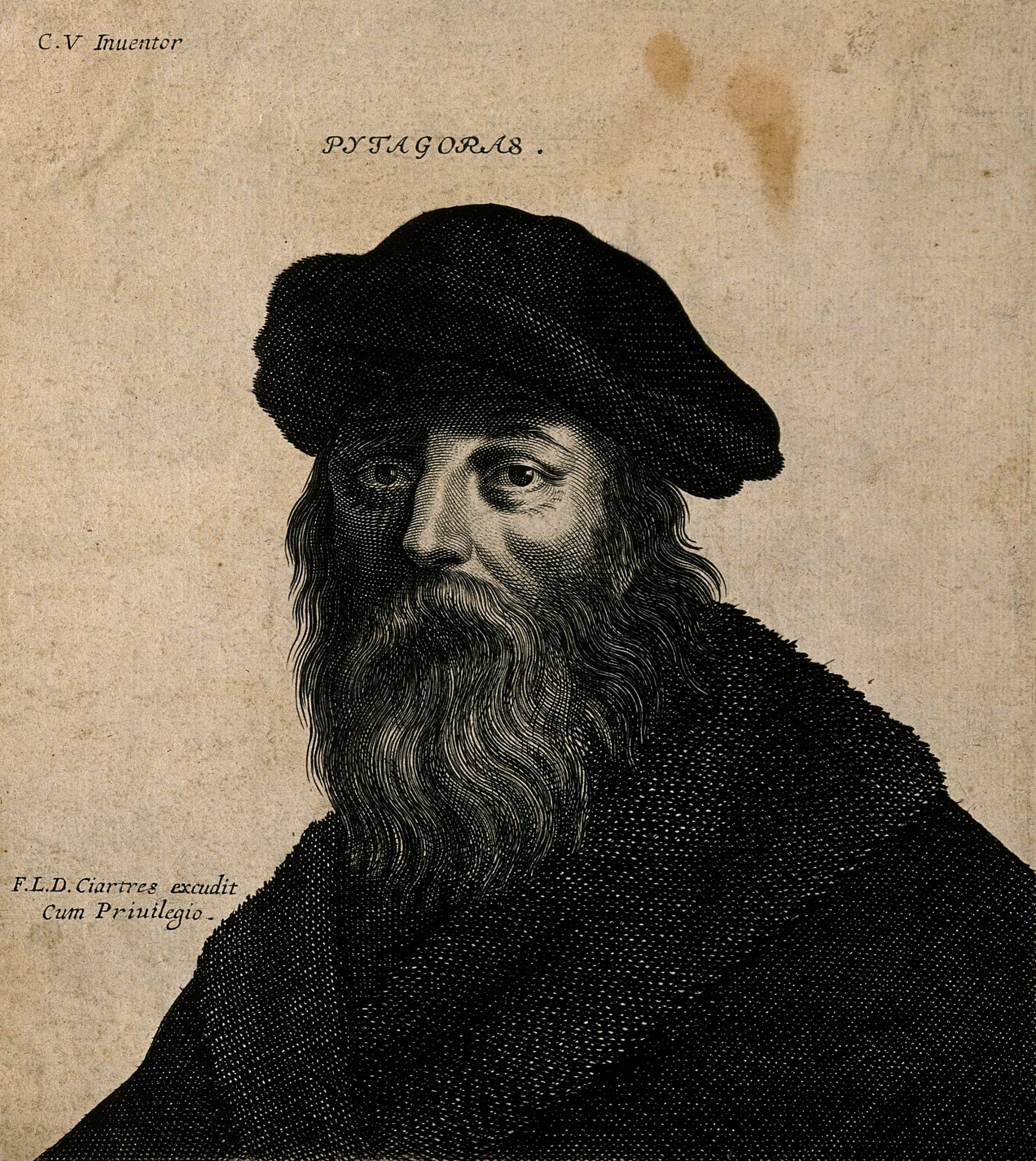 ythagoras, Leonardo da Vinci, Lev Tolstoy. Three people from three different eras. What do they have in common? They were all followers of the vegetarian lifestyle. Today, this diet is very widespread and is gaining more and more followers due to concerns about physical appearance and health. But the vegetarian movement is not an invention of the twentieth century. To understand its beginnings, we need to go back more than 2,500 years and take a look at the civilizations of Greece and India.
ythagoras, Leonardo da Vinci, Lev Tolstoy. Three people from three different eras. What do they have in common? They were all followers of the vegetarian lifestyle. Today, this diet is very widespread and is gaining more and more followers due to concerns about physical appearance and health. But the vegetarian movement is not an invention of the twentieth century. To understand its beginnings, we need to go back more than 2,500 years and take a look at the civilizations of Greece and India.
Vegetarianism is attested as early as the sixth century BC, but the diet itself is much older — prehistoric hunter-gatherer communities rarely ate meat and survived most of the time on a plant-based diet. However, we are talking about a vegetarian movement from the middle of the first millennium BC.
Pythagoras is the earliest vocal supporter of vegetarianism. The Greek mathematician and philosopher (who lived between 570–495 BC) was a follower of this diet for rather philosophical reasons, which were based on the concept of metempsychosis (mystical conception according to which the soul would pass through the body of several living things after death ).
A good diet that brings harmony
At the time, the myth of the Golden Age of humanity was widespread, a utopian world in which violence was non-existent and people and animals lived in complete harmony. Pythagoras and his followers believed that avoiding cruelty to animals was a key factor in the peaceful coexistence of humans, believing that the slaughter of animals brutalized the human soul and led to more violence in the community. At the same time, religious movements in the East, Hinduism, and Buddhism, discouraged violence against animals and promoted a vegetarian diet.
The principles of Pythagoras were so influential that until the late nineteenth century, people who did not eat meat were called Pythagoreans. Famous vegetarians: Plato, Leonardo da Vinci, Benjamin Franklin, Franz Kafka, Lev Tolstoy Mahatma Gandhi, Albert Einstein, George Bernand Shaw
In the civilization of ancient Rome, the Pythagorean ideals did not find so many followers. In a warrior culture that made killing animals and gladiators in the arenas a popular pastime, the idea of vegetarianism fell into disuse, remaining only among orders of monks who restricted the consumption of meat for ascetic reasons.
Vegetarianism was reborn during the Renaissance, with the rediscovery of ancient philosophers, but also in terms of nonviolent behavior towards animals. Several philosophers and scholars of the Renaissance and early modern times wrote about animal suffering (although not all gave up eating meat), the best known of which is Leonardo da Vinci, who spoke openly in favor of giving up home foods. animal.
The movement gained momentum in the 19th century when the first Vegetarian Society was established in Great Britain, and the first vegetarian restaurants appeared in London. In the twentieth century, vegetarianism lost its philosophical and religious reasoning and developed more against the background of the environmental movement, the movement for animal rights, but also concerns for a healthy lifestyle.
India is currently the country with the largest number of vegetarians (around 40% of the population).
Avid Writer with invaluable knowledge of Humanity!
Upcoming historian with over 30 million views online.
“You make your own life.”





